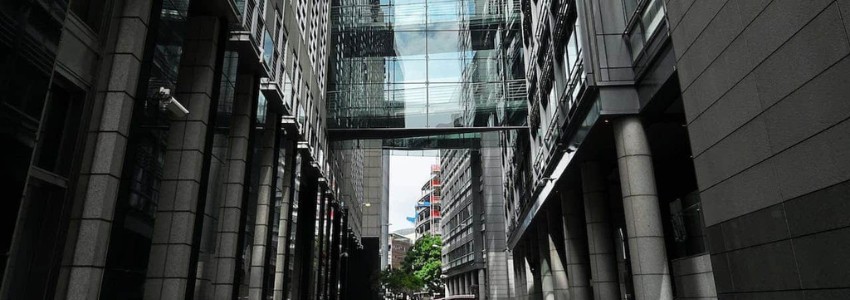Securing commercial property insurance is an integral part of protecting your investment and ensuring the resilience of your business against unforeseen events. In this blog, we will explore the key elements that can impact insurance costs, helping property owners navigate the landscape and choose coverage that aligns with their specific needs.
Location and Perils
The location of your commercial property significantly affects insurance premiums. Areas prone to natural disasters, such as floods or earthquakes, along with high-crime neighbourhoods may incur higher costs.
Type and Use of Property
Different property types pose varying levels of risk, e.g. a restaurant may have higher premiums than an office building due to additional fire and liability risks. How your property is used also impacts premiums. A property with multiple tenants or a complex purpose may have higher insurance costs.
Property Value and Rebuilding Costs
The higher the value of a property, the higher the premiums. It is crucial to accurately assess the property’s value to ensure adequate coverage. The estimated cost to rebuild the property in case of a total loss influences premiums. A comprehensive evaluation is necessary to avoid underinsuring or overinsuring the property.
Security Measures
Installing alarms, surveillance cameras, and security personnel can help reduce costs. Fire safety measures, such as sprinkler systems and fire-resistant materials, can lower premiums. Proactive steps to minimise fire risk are viewed positively by insurers.
Claims History
Frequent claims or a history of large claims may result in higher insurance costs. Insurers assess the property’s loss ratios, which compare the total losses to the premiums paid. High loss ratios may lead to increased premiums.
Deductibles and Coverage Limits
Higher deductibles often result in lower premiums. The extent of coverage, including liability limits and property damage coverage, influences premiums. Higher coverage limits typically lead to higher premiums.
Tenant Risk and Lease Agreements
If the property is leased, the type of business conducted by tenants impacts premiums. High-risk tenant operations may increase insurance costs. Lease agreements may stipulate specific insurance requirements for tenants. Ensuring tenants meet these requirements can positively influence premiums.
Building Age and Condition
Older buildings may have higher premiums due to potential maintenance and structural issues. Regular upkeep and improvements can help mitigate this. Well maintained and upgraded properties may be eligible for lower premiums. Modernisation efforts that enhance safety and reduce risks are viewed favourably.
Market Conditions and Insurer’s Risk Appetite
Overall market conditions, including economic trends and insurance industry dynamics, can impact premiums. External factors such as increased catastrophe losses may lead to industry-wide rate adjustments. Each insurer assesses risk differently, and their risk appetite influences premiums. Comparing quotes allows property owners to find the most competitive rates.
Navigating the landscape of commercial property insurance premiums in the UK requires a comprehensive understanding of the factors at play. By considering location, property characteristics, security measures, claims history, and market conditions, property owners can make informed decisions to protect their investments effectively.
Choosing the right coverage and managing risk factors proactively ensures a resilient and safeguarded commercial property in the dynamic business environment.
Compare commercial property insurance quotes today from the UK’s leading providers on MoneySpider.







